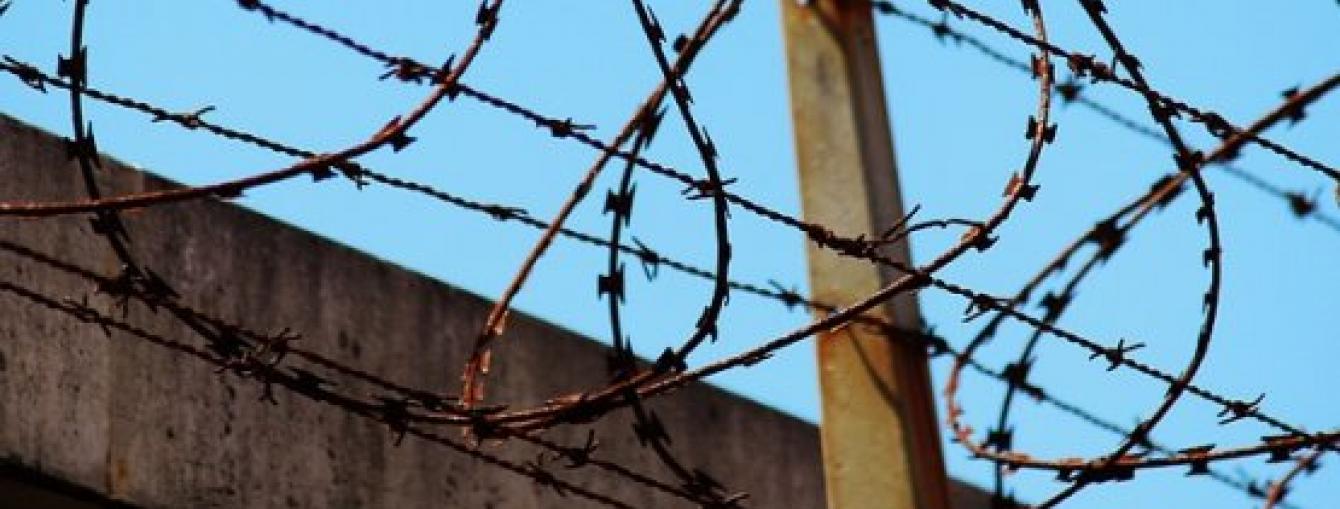Freedom from Torture strongly welcomes the judgment on the Detained Fast Track today
Sile Reynolds, Lead Asylum Policy Advisor for Freedom from Torture, said:
We strongly welcome the judgment on the Detained Fast Track today. Although survivors of torture are not supposed to be processed through this system, our medico-legal report service received 240 referrals for potential torture survivors in the Detained Fast Track last year.
We have always strongly objected to the Detained Fast Track process because it is fundamentally flawed and dangerous for survivors of torture who are at risk of re-traumatisation given the horrors of their past detention experiences.
The ruling is timely in light of Home Office plans to water down a safeguard requiring release from the Detained Fast Track System of individuals successfully referred to our medico-legal report service. We hope this judgment will give them pause for thought.
The Detained Fast Track puts survivors of torture in an invidious Catch 22 situation: to qualify for exclusion from it they need independent evidence of torture but at the time of routing into this system most haven't even seen a lawyer let alone been referred to a doctor for a medico legal report.
The Detained Fast Track puts survivors of torture in an invidious Catch 22 situation: to qualify for exclusion from it they need independent evidence of torture but at the time of routing into this system most haven't even seen a lawyer let alone been referred to a doctor for a medico legal report. These are other examples of what the High Court today rightly described as "structural unfairness" in this system.
It is especially worrying that we also see many cases of torture survivors who were routed into detention despite disclosing torture at their asylum screening interview.
Freedom from Torture calls on the Home Office to do the obvious and cease using this system – it is not a crime to claim asylum and survivors of torture and other applicants should have a fair chance to make their cases without being locked up and, in the case of torture survivors, to access the rehabilitation services they desperately need.







